Our relationship between food and morality has become increasingly intertwined. Diet culture has led us down a dangerous path, where we label foods as “good” or “bad,” often associating our worth with what we eat. But it’s time to challenge these harmful labels and take a fresh perspective on our relationship with food. Read on to learn about what food morality is, why it’s harmful to look at food as “good” vs “bad”, and 6 dietitian tips to find peace and ease with food.
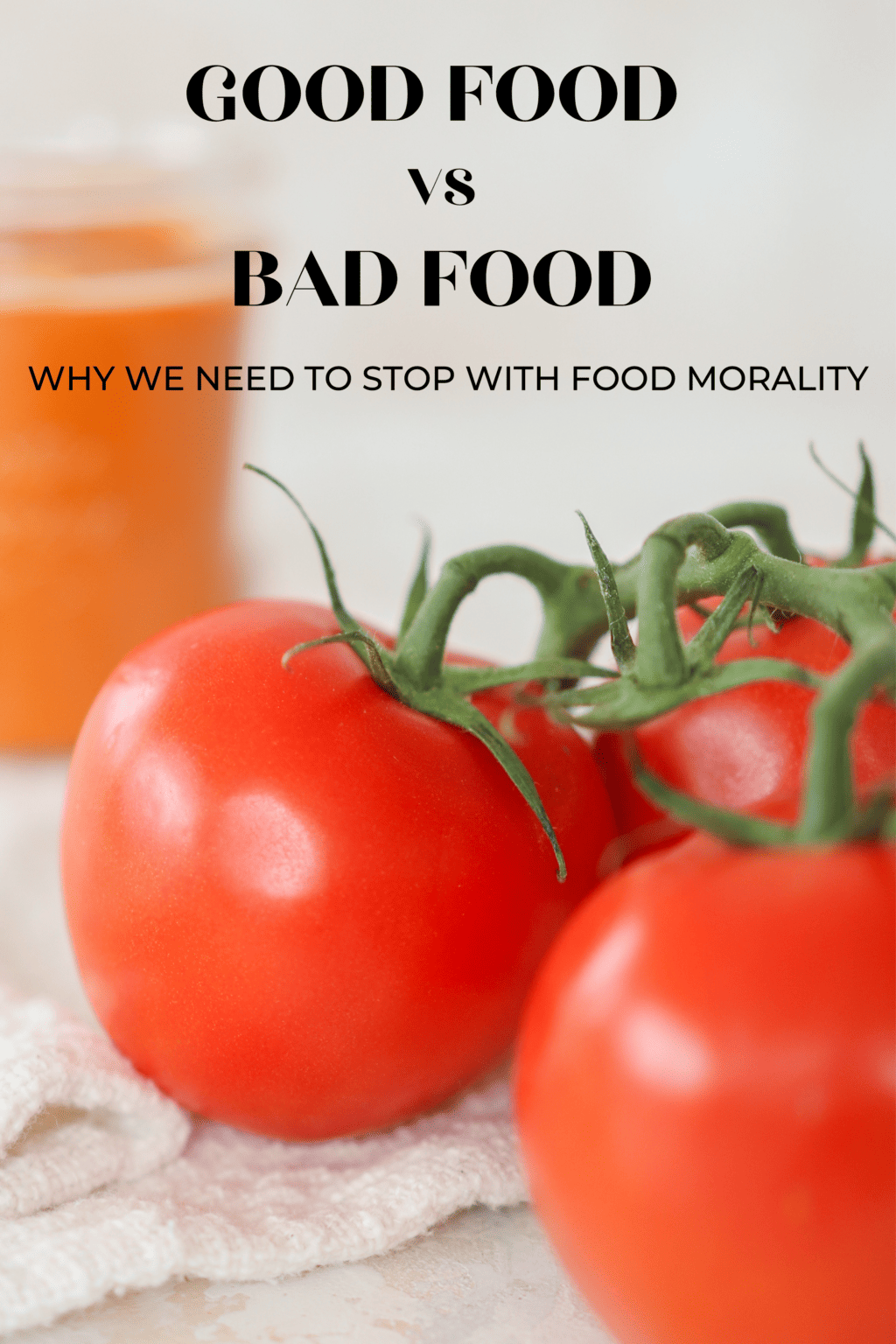
Have you ever caught yourself referring to foods as “good” or “bad”? It might have been that inner voice when deciding whether to have that ice cream or some fruit for dessert. Maybe you said it out loud at a big family dinner when you decided to go for that delicious chocolate cake “ I know I’m being bad but I’ll make up for it tomorrow!”.
If you can relate, you are definitely not alone in this. As an intuitive eating dietitian, I have seen and experienced the effects of how diet culture has conditioned us to believe that there is a moral hierarchy around food, using labels like “clean eating” (like anything else is dirty?), “the perfect food”, or “the healthiest food”. The result? Major confusion and overwhelm about what we “should” and “shouldn’t” eat, feelings of guilt after eating one of these so-called “bad” foods and feeling like a “bad” person” if we don’t have the willpower to avoid them. It’s a common struggle we see in our Make Food Feel Good community that has often been a major player in creating disordered eating behaviors and a broken relationship with food.
But I am here to tell you it is absolutely possible to create a feel good relationship with food where you’re no longer plagued with guilt and stress over every food decision. Over the past decade plus, I’ve seen this firsthand with hundreds of clients. But in order to do so we must break the connection between our morality and the foods we eat.
Today on the blog we’re diving into food morality and sharing:
- What is “good” food vs “bad food”?
- What is food morality
- The issue with labeling our food as “good” and “bad”
- 4 Consequences of Food Morality
- 6 Steps for a Food Neutral Life to Create Peace and Ease
In the context of diet culture, “good” food is often used to label foods viewed as more nutrient dense or that fit into a particular diet trend. This can be foods that are considered low calorie, low fat, or high protein. As an intuitive eating dietitian, I have seen how using these binary labels can be harmful and lead to food guilt and disordered eating habits. Creating food neutrality helps us create a healthy relationship with food–body, mind and soul. Learn more here.
What is “good” vs “bad” food?
Diet culture has perpetuated the idea that some foods are inherently good while others are bad. This black-and-white approach to labeling food not only oversimplifies the complexity of nutrition but can also take a toll on our mental and emotional well-being.
When we look at food labels in relation to diet culture, the term “good food” is often used to label foods viewed as more nutrient dense or foods that fit into a certain diet trend (i.e. low cal, low fat, or high protein). When we label foods as “good,” we often place them on a pedestal, setting ourselves up for disappointment or feeling guilty after eating something that society claims as “bad”.
The truth is, the labels “good” and “bad” food are entirely subjective and arbitrary. What one person considers a “bad” or “unhealthy” might be a staple for someone else (which also brings up the issue of food equity and equality). Yes, food has an incredible ability to nourish us physically but it is also here to bring joy and satisfaction to our lives. When we let go of these labels, we can begin to appreciate food for what it truly is—a source of nourishment, joy, and connection.
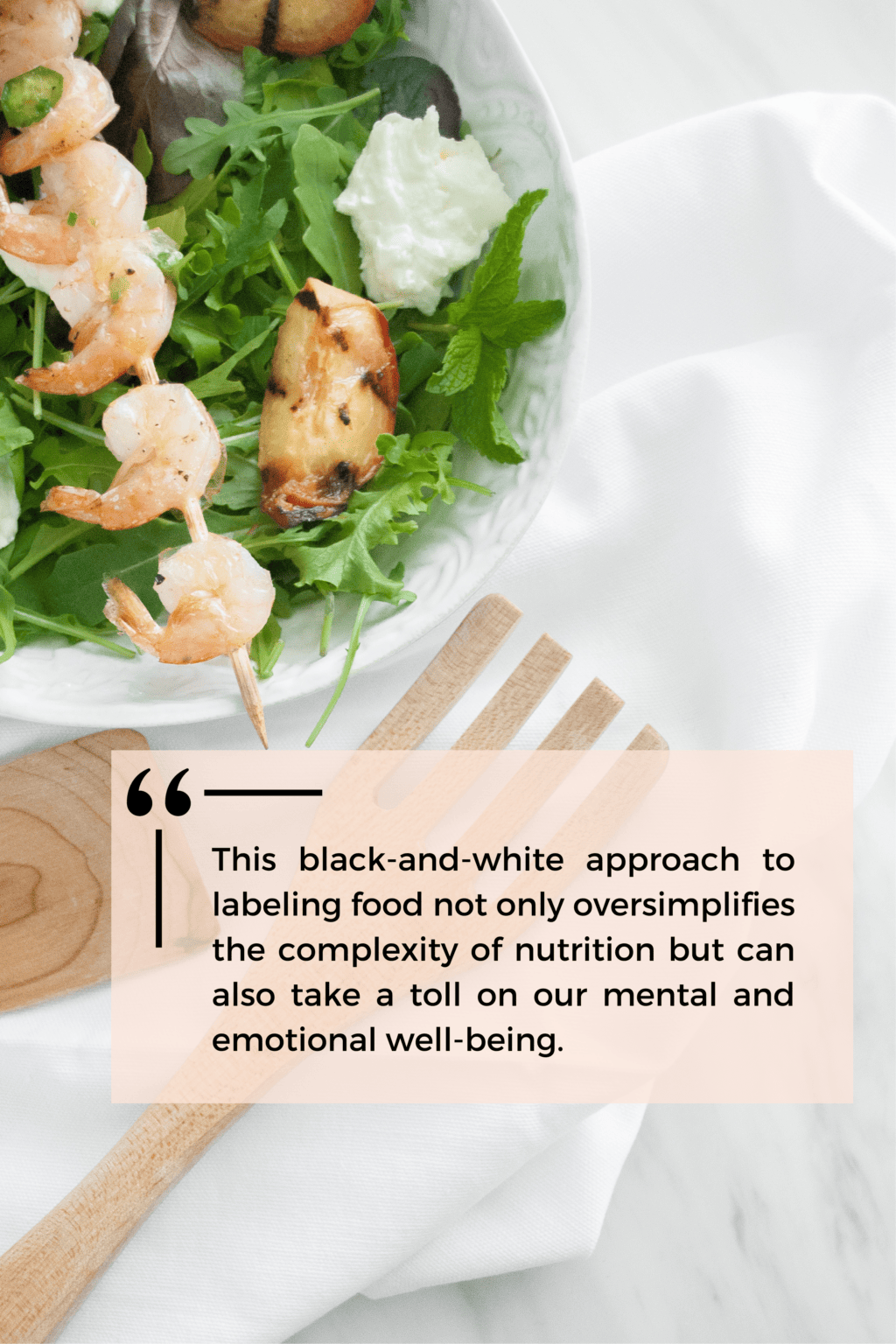
What is Food Morality?
Food morality is the belief that our worth and value as a human being is tied to the foods we eat. We are “good” when we can stick to the healthy diet but we are “bad” when we inevitably fall off the wagon of these restrictive eating rules. It’s a judgmental approach to eating that assigns food to a moral hierarchy which leads us to being emotionally tied to our food choices.
Food morality has been reinforced by diet culture for decades. It’s everywhere and has been so ingrained in society that we might not even recognize it. It often leads us to following arbitrary food rules, not because it’s what truly makes us feel best, but because we have been led to believe that if we don’t we are “not good enough”.
Here are a few examples of food rules that perpetuate food morality:
- <Insert any food> is bad for me. We hear this about carbs, sugar, fats, starchy vegetables etc. etc…
- I should only eat between 10 AM and 7 PM
- I shouldn’t have this piece of cake
- I can only eat 1200 calories a day
- I need to workout if I eat these chips
- I need to do a detox to be healthy
The problem with this binary thinking is that it doesn’t even consider our individuality or how food might impact us beyond just the physical, but mentally and emotionally too. Thinking this way disconnects us from our innate body cues and leads to food guilt, disordered eating patterns, negative body image, and a preoccupation with food and weight.When we can shift out of the “rules” and judgment we place upon ourselves we can shift into a more intuitive way of eating that truly feels good body, mind and soul. More on that here.
Ready to Transform Your Relationship with Food?
Explore not just what you eat but why you eat, how you feel when you eat and any patterns that affect how you feel or impact any choices you make and start your journey to food freedom today!
The Issue with Labeling Food as “Good” and “Bad”
Labeling food as “good” or “bad” oversimplifies nutrition. It fails to account for the fact that our bodies require a variety of nutrients from different foods (yes–including carbs!). These rigid food rules can limit our food choices and cause emotional and mental distress.
If we’re constantly emotionally tied to our food choices, it’s very difficult to have a healthy relationship with food which ultimately impacts our quality of life. We can end up spending hours fretting over what we did or didn’t eat, it can cause increased emotional eating, or we might find ourselves missing out on important moments in order to avoid certain foods or because we are so distracted mentally tallying the calories we just ate and how we’ll make up for it.
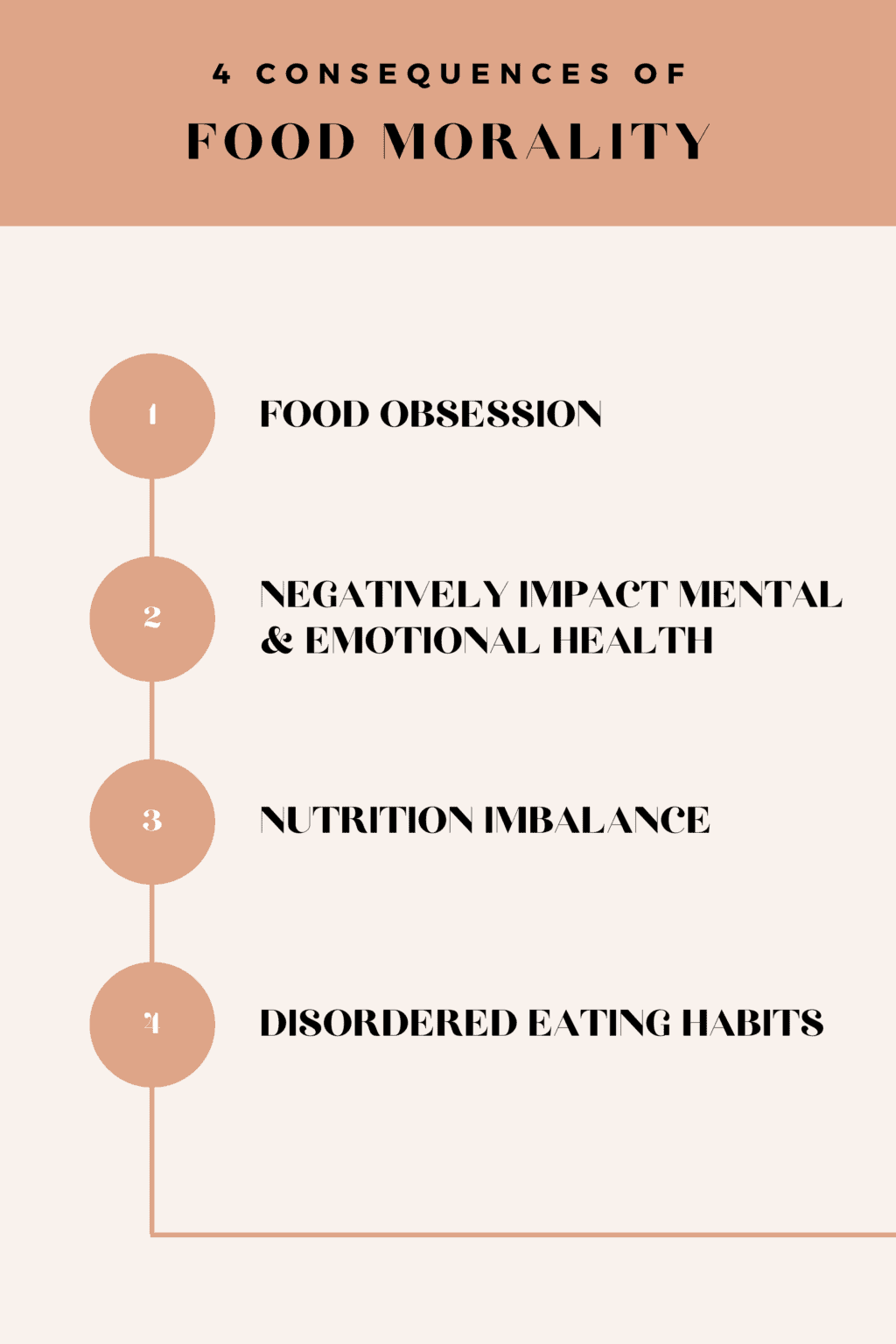
4 Consequences of Food Morality
Food Obsession
Using a food hierarchy to decide what foods you should and shouldn’t eat, can lead to food obsession. Obsessing over eating morally “good” food can lead to restrictive diets, overanalyzing food labels, and ultimately feeling super confused and overwhelmed around nutrition. Not only does this cause mental distress but it can also have a negative impact on our physical health due the stress it causes.
Negatively Impact Mental and Emotional Health
Food morality can be a major cause of anxiety, guilt, and shame. It makes everything from grocery shopping to deciding what you “should” eat for dinner stressful. These feelings of guilt and mental restriction around food can even perpetuate a binge-restrict cycle or feeling out of control around food further impacting our mental state.
Because food morality ties our sense of self worth to food, we may start to believe that eating “bad” foods makes us bad people, negatively impacting our self-esteem and mental well-being.
Nutrition Imbalance
Labeling foods as good or bad can lead to nutritional imbalances. We might overconsume those “good” foods while neglecting other essential nutrients our bodies need that are found in those “bad” foods (we’ve seen this with both carbs and fat which are essential macronutrients we need not only for survival, but to feel our best).
This is often seen with diets like keto, paleo or one of the most nutty ones I’ve seen, Fruitarian. Following these diets without questioning whether they truly serve our best health from all angles or considering how cutting out entire food groups may impact our nutritional intake can lead us to missing essential nutrients and therefore negatively impact our health.
Disordered Eating Habits
Food morality often results in a poor relationship with food. When we label certain foods as “bad”, we feel guilt when we eat them, therefore leading us to want to restrict them. Restriction (even mental restriction) increases our desire for these foods. It’s psychology 101 – we want what we can’t have so we find ourselves with increased cravings often leading to overeating or binge-eating episodes. Cue the guilt and the restriction starts all over again, often leading to a binge-restrict cycle that can be incredibly hard to break.
6 Steps to a Food Neutral Life
Ok, time for some real talk – you’re not going to be able to change your language overnight. But I do have 3 steps that you can start to implement today that will help you let go of that food morality and start to see food for what it really is – food.
- Bring awareness to your thoughts with a Food Journal
This is one of my favorite tools that we explore in the Make Food Feel Good Program. To start, I want to mention that this is not a food tracker or calorie counter – it’s a tool designed to explore, not just what you eat but why you eat, how you feel when you eat and any patterns that affect how you feel or impact any choices you make.
Use this journal for one week without making any changes to your eating. Just observe without judgment or guilt and see what comes up.
I know that may sound hard but I promise that the information you gather will be a guiding star to long term sustainable changes.
- Let go of the food rules
Okay, this one might sound easy on paper but difficult in practice. I get it. I’ve been there but letting go of the rules is the first step to tuning back into the innate intuitive eater we are all born as!
How to get there: Start by going through your food journal. Identify and challenge any rigid food rules you’ve adopted. Ask yourself where these rules came from and whether they truly serve your well-being.
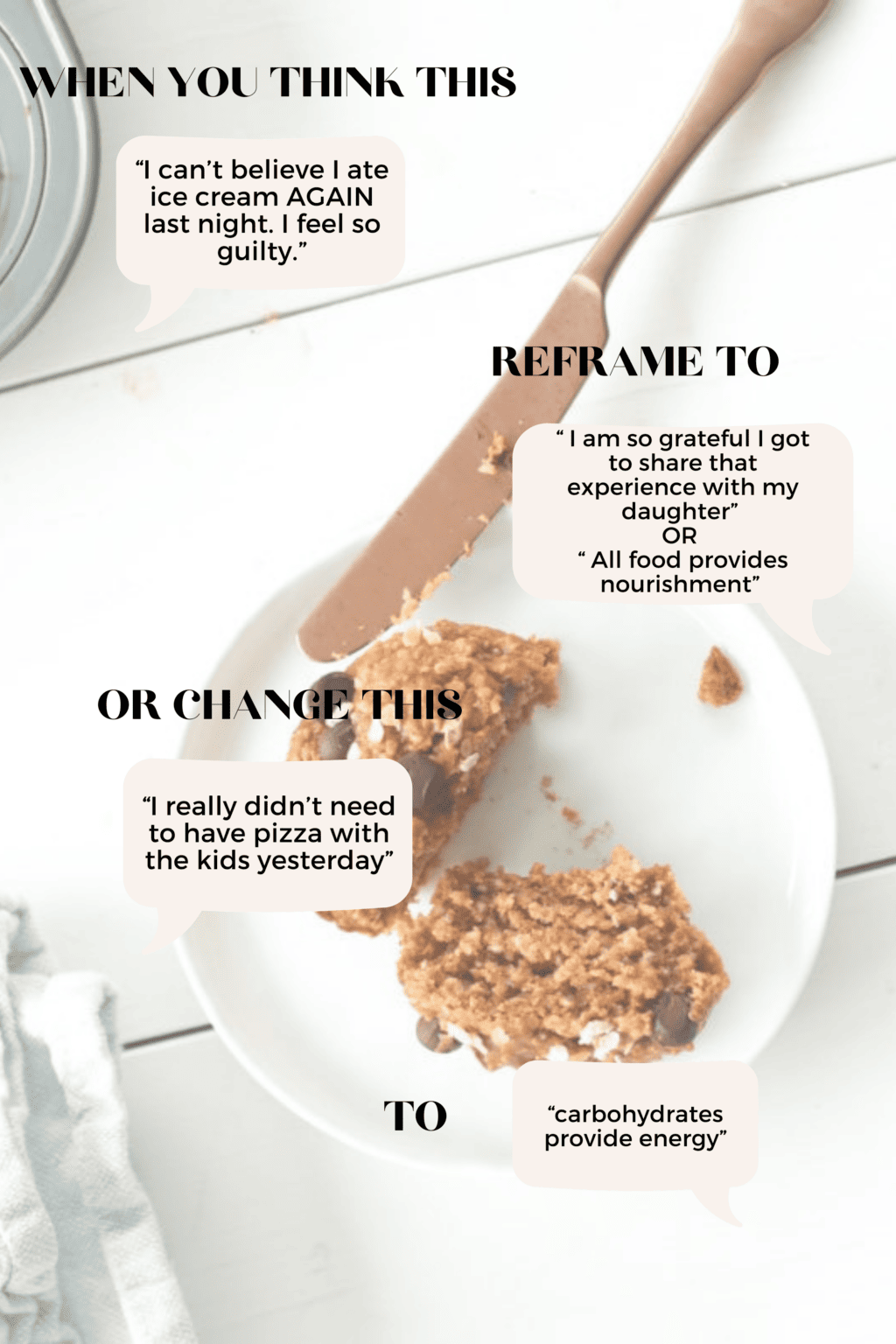
- Reframe your thoughts around food
As you reflect on your food journal, look for the thoughts that are coming up that are tied to food mortality.
This could look like…
“I can’t believe I ate ice cream AGAIN last night. I feel so guilty.”
“I shouldn’t have had those carbs with dinner”
“I really didn’t need to have pizza with the kids yesterday”
Ask yourself how you can reframe those thoughts so that there is no morality around them.
This could look like….
“I ate ice cream.” It’s a fact. It wasn’t good and it wasn’t bad. It just was something you did. This helps to neutralize the food and take it off it’s pedestal so you can make an intentional decision vs. an emotionally fueled one.
“Carbs provide energy” or “all food provides nourishment” or even “I am grateful for the energy those carbs provided me so I could enjoy the activities I did with my family or that allowed me to stay focused while I worked.” Carbs are not bad for you – they’re energy. And happen to be our body’s preferred source of energy.
“I am grateful for the memory I made with my daughter over that ice cream yesterday.” Food isn’t just physical nourishment. It is nourishment for the soul. Some of my fondest childhood memories are around food. When you’re not worrying about food, and can just enjoy it in the moment, you give yourself the gift of presence. Who doesn’t want that?
- Give yourself permission to eat all foods
Giving yourself permission to eat and enjoy all foods is a liberating experience. It’s about recognizing that no food is off-limits, and there are no forbidden fruits. Instead, ask yourself what would taste good, feel good, and be satisfying. Making your food decisions around what would feel good – mind, body, and soul, allows you to connect with your body and foster those intuitive eating skills we’re all born with. Permission also takes these foods off of their pedestal, neutralizing them, and therefore decreasing that obsessive urge that we “must have them right now”! If we know we can have them anytime we are able to make intentional decisions to say both yes AND no when each is the most loving decision for us in that moment.
- Reject Diet Culture
Recognize the influence that diet culture has in promoting food morality. Challenge its messages and seek out resources that align with a more balanced and compassionate approach to eating. This is one of the principles of intuitive eating and is sometimes hard to do. I don’t blame you – it’s a multi billion dollar industry (that’s a lot of marketing dollars being directed your way).
If you find you’re struggling with this, reflect back on your personal experiences with dieting. Look inwards and ask yourself, did the diet work long term (i.e. are you still following it)? Did you get the results you wanted or were they just temporary?
- Get Support
Navigating this journey can be quite challenging, often stirring up a lot of emotions. Whether you choose to look for support from loved ones, trusted professionals like dietitians or therapists, or our Make Food Feel Good Program, there’s absolutely no shame in facing these hurdles.
It can be incredibly empowering to open up about your experiences around food because it makes the path ahead feel significantly less intimidating. That’s exactly why we designed the Make Food Feel Good Program – to provide you with a structured, step-by-step process bolstered by a supportive community and expert dietitian guidance.
Looking for more support?
Looking for support to end the diet cycle, trust your body and learn the nutrition that feels amazing for YOU? Learn more about my Make Food Feel Good Program here where hundreds of women have found lasting success through my proven framework and step-by-step guided support. Let’s Chat!
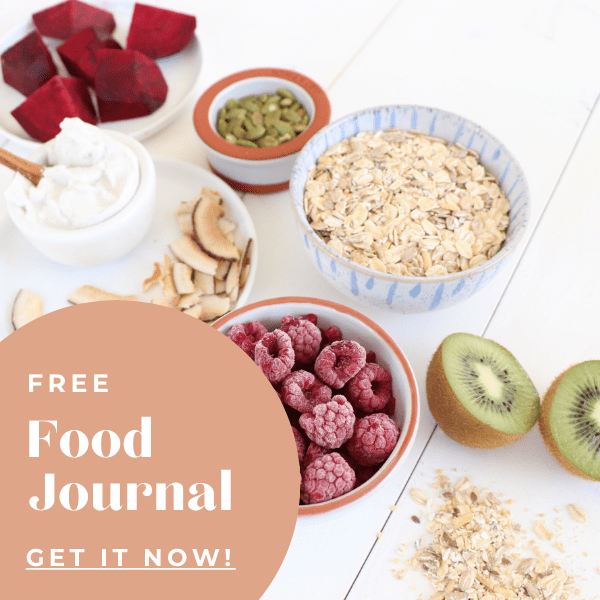



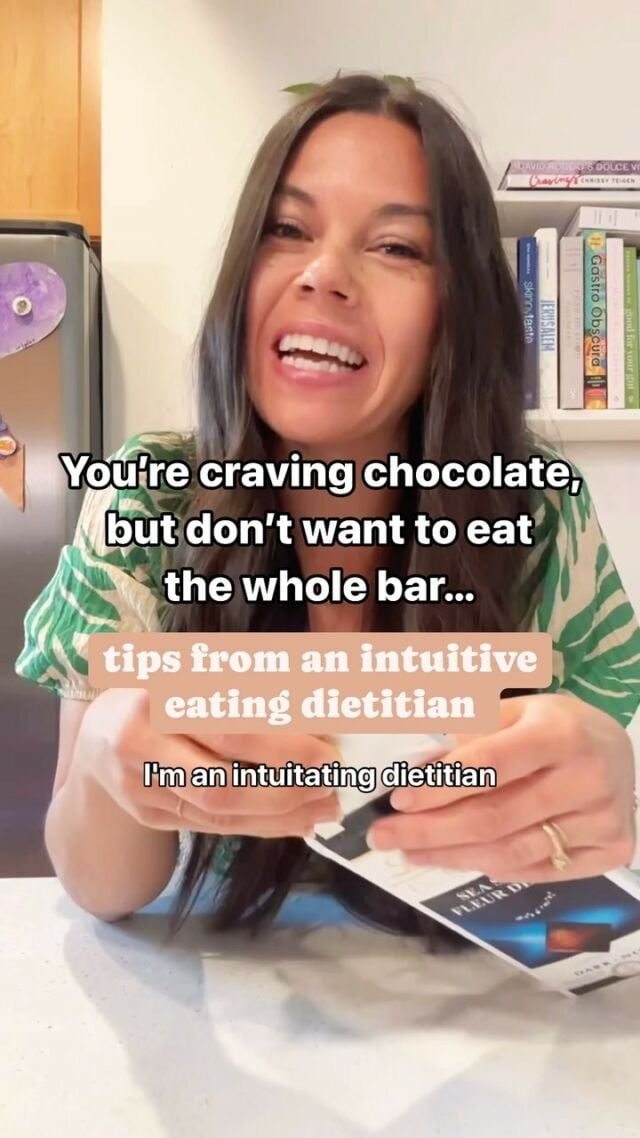



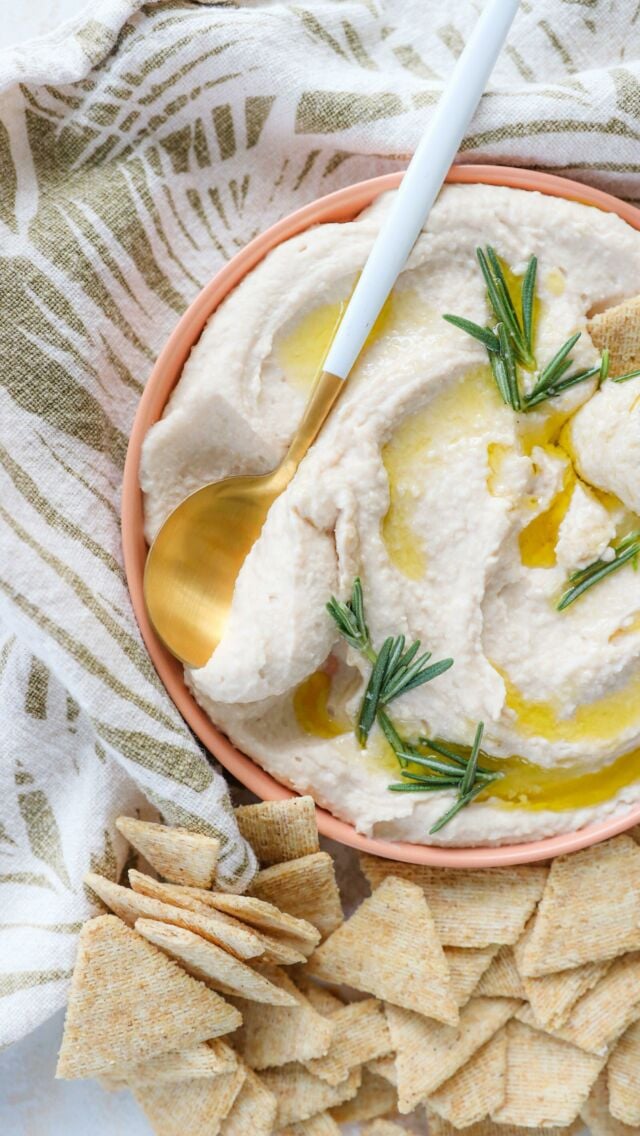
Leave a Comment & Rate this Recipe